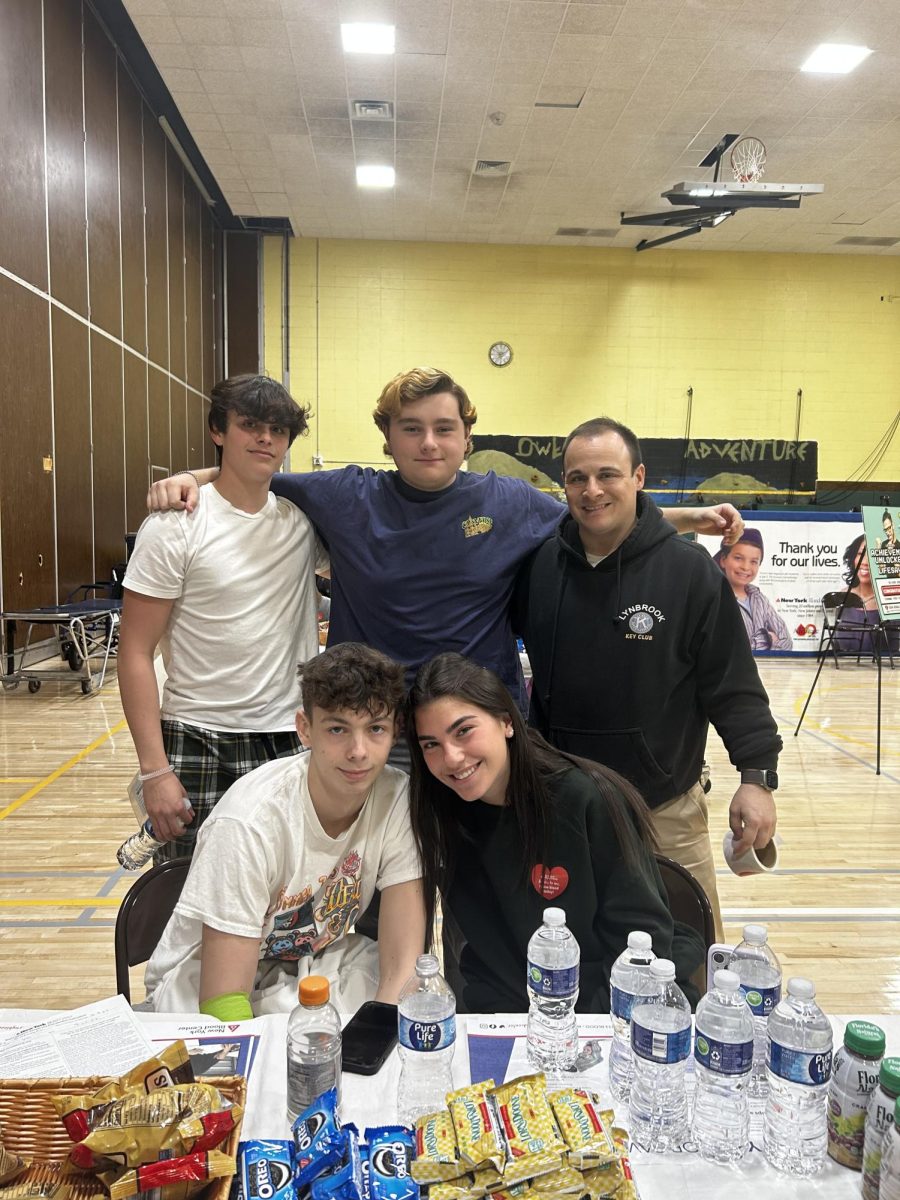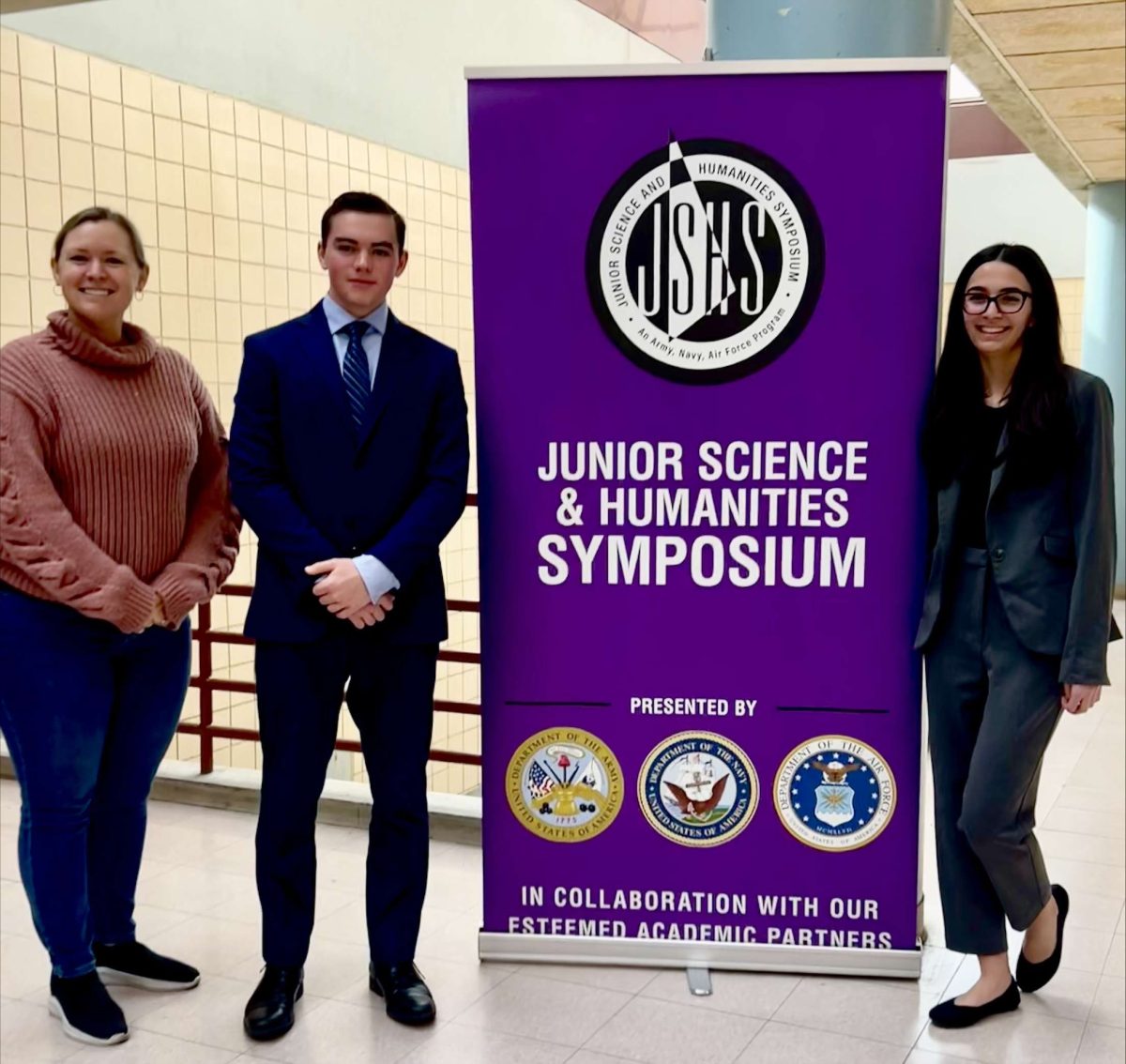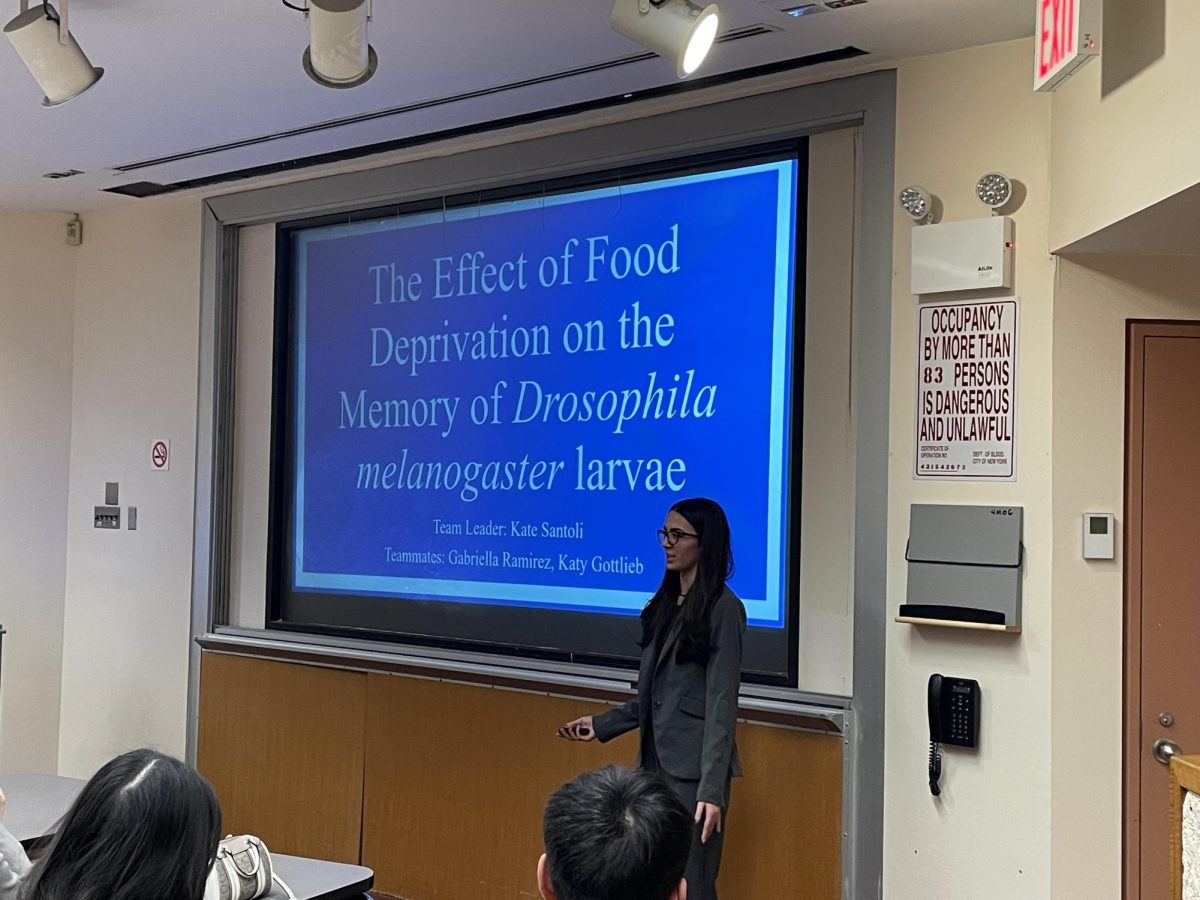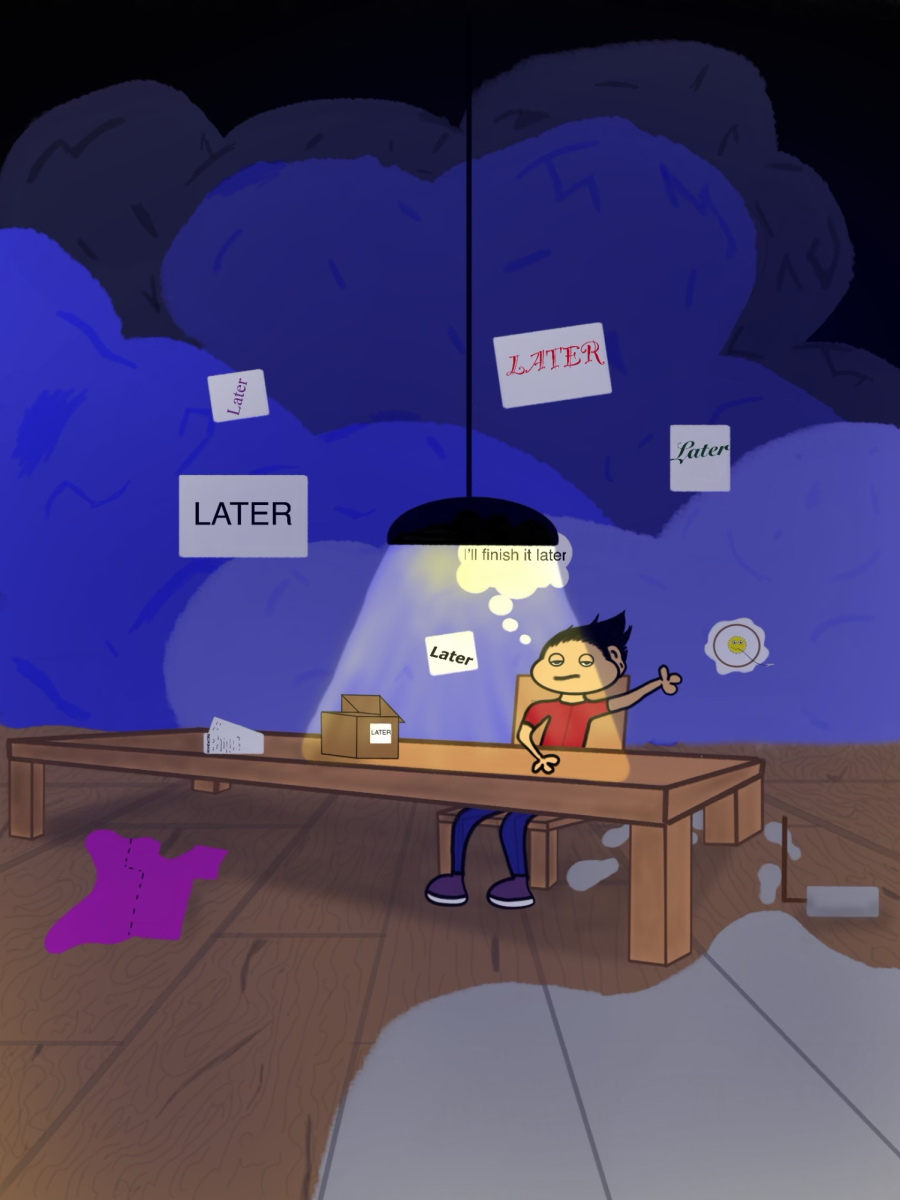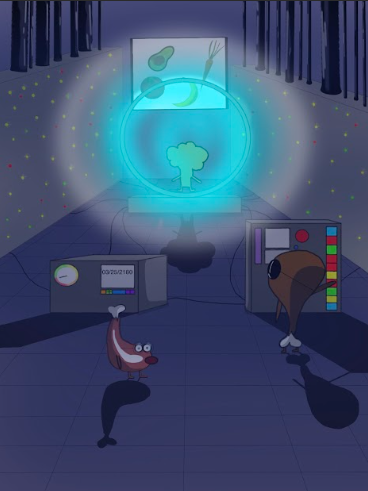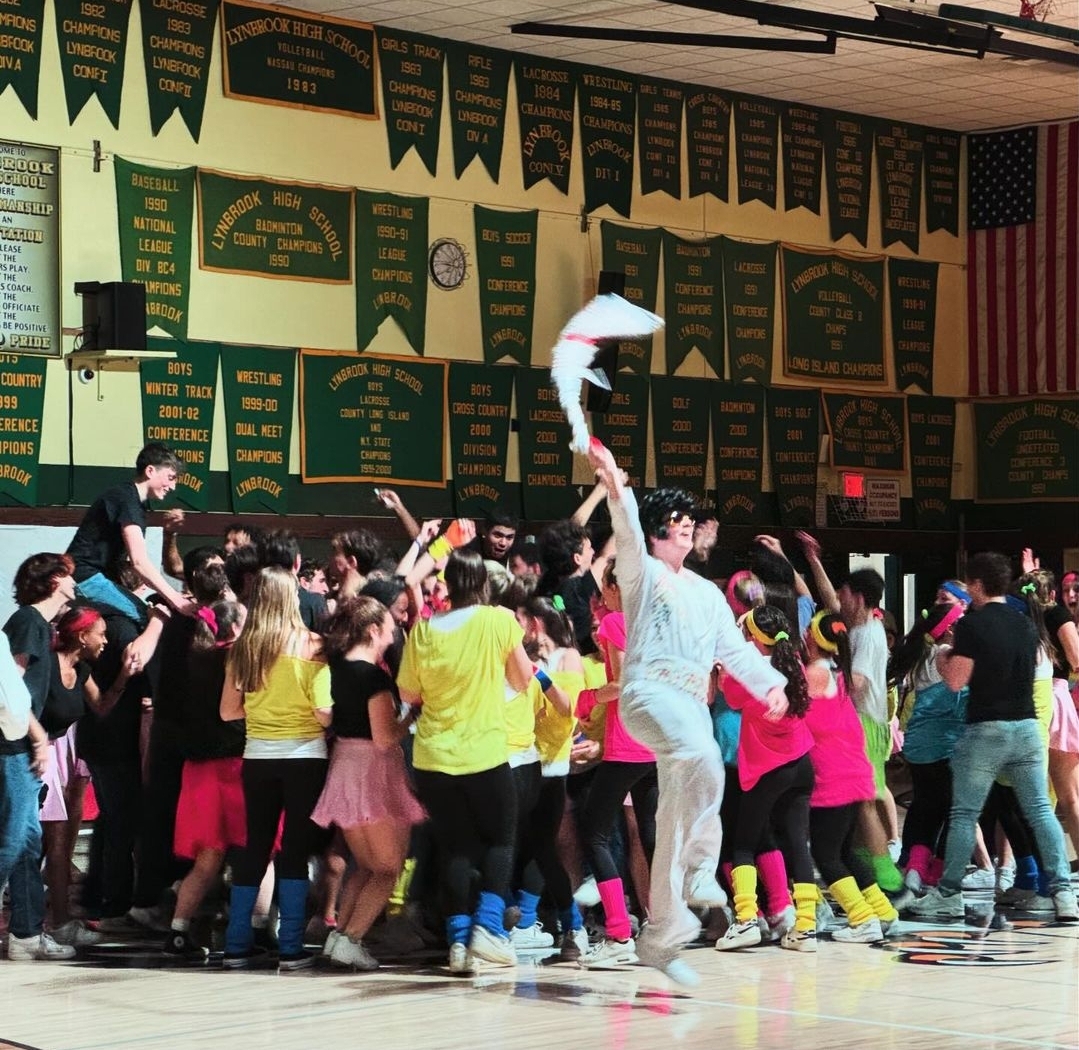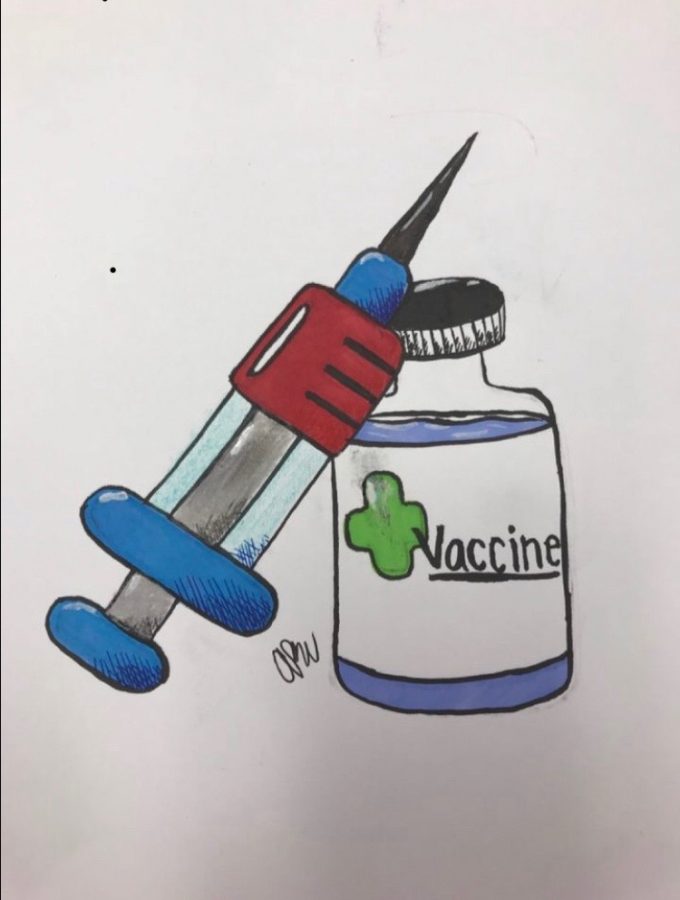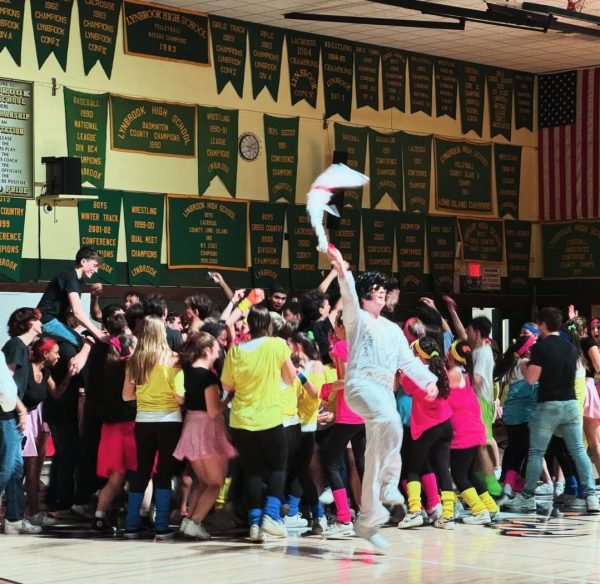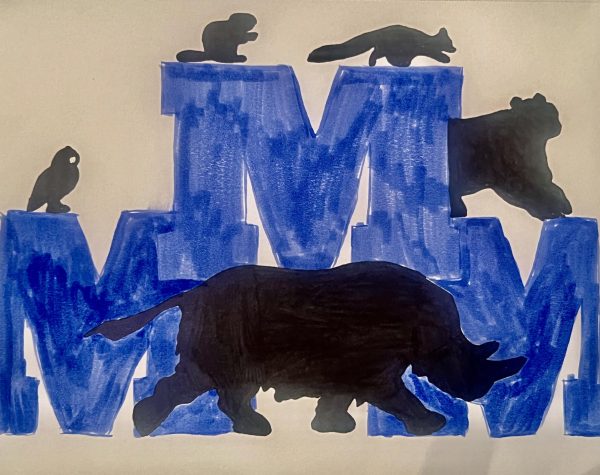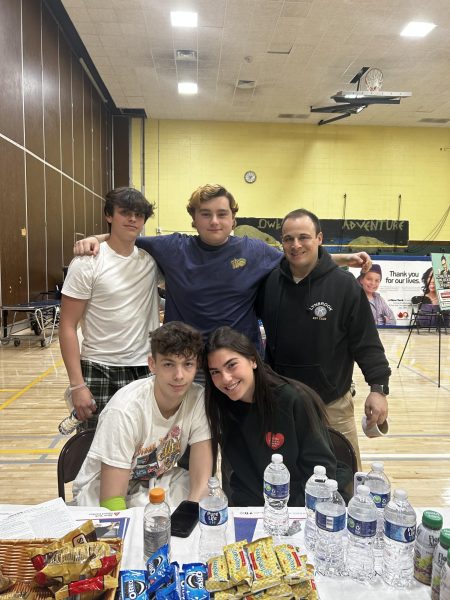Measles Outbreak Shocks America
Illustration by Amintta Ragavanis
The number of measles cases around the United States is staggering compared to that of the year 2000 when the disease was presumed abolished. It was recently announced that over 700 cases of measles have been reported around the nation. Measles is a childhood disease resulting in a high fever and red rash upon the face, and it can be prevented through vaccination. Many states take precaution to the wildfire-like spread of measles by making sure that children have their vaccinations when they enter school. When people contract the disease, doctors try to treat it immediately. Some places put people who have measles in quarantine. The measles outbreak could continue to escalate if Americans do not take necessary precautions.
One method that doctors use to prevent measles is vaccination, but some parents choose not to vaccinate, one of the main reasons being the belief that vaccines are linked to autism. The Center of Disease Control’s (CDC) website (cdc.gov) reports that “Some people have had concerns that ASD [Autism Spectrum Disorder] might be linked to the vaccines children receive, but studies have shown that there is no link between receiving vaccines and developing ASD.” Information provided by the CDC proves that parents who are hesitant about bringing their children in for vaccinations do not have anything to worry about concerning the effects of the vaccines themselves. Health professionals believe that children should get vaccinated as soon as possible. Certified Surgical Technician at NYU Langone Joanne Lowder stated, “I believe parents have responsibility to vaccinate their children so they don’t put their children at risk.” Many professionals also conclude that without vaccines, there is a higher risk of babies having life-threatening illnesses such as measles that could lead to death. As explained by Denise Drescher, a registered nurse at NYU Langone, “Not vaccinating puts babies too young to be vaccinated at great risk. People need to review history to see the devastation that not immunizing causes, for example deafness and blindness.”
To prevent the spread of measles, precautionary measures need to be put in place, especially since people can contract the disease anywhere at any time. As a precaution, children who are not vaccinated against measles, or any life-threatening disease for that matter, may want to think twice about attending activities with other children and adults who may not be vaccinated. Drescher believes that “unvaccinated children should not be allowed to go to school” Drescher also adds, “At this point, adults should have to show proof of immunization in order to work, especially in health care, food service, and jobs that require public interaction like railroad workers, bus drivers, etc.” Parents who allow their kids to go to school unvaccinated could potentially put other children at risk for life-threatening diseases. The CDC’s website (cdc.gov) states, “Getting the measles vaccine is the best way to prevent measles at all times, but especially during an outbreak. One dose of measles vaccine is about 93% effective at preventing measles if exposed to the virus.” If an individual gets the vaccine for measles, it is proven that his/her chance of contracting the disease is lowered significantly.
Measles is a life-threatening illness if not treated immediately. Doctors have proven that vaccines help prevent measles in adult and children. School Nurse Cathy Hetrick states, “Everybody should get vaccinated, it’s not like the flu where we can take precaution in an instant; you can be contagious with the disease before you even know it.” According to Hetrick, when a person does not get vaccinated against a disease such as measles, he/she could pass on the disease in an instant without even knowing that he/she carried it in the first place. Vaccines are extremely important to the prevention of the spread of measles and hopefully can prevent other childhood diseases similar to measles in the future.

I am proud to be a part of the class of 2022. I play basketball, and I am going out for the track team this year. Some things that describe me are that...

I am a member of the Class of 2022 at LHS. I love to draw and paint. I look forward to contributing and writing articles for Horizon.

